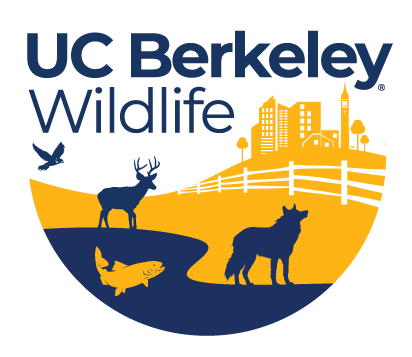The National Park Services' decision to reintroduce wolves (Canis lupus) to Isle Royale in 2018
presented a unique opportunity to study how large carnivores influence a simple, insular
community of carnivores, red foxes (Vulpes vulpes) and martens (Martes americana). Although
the community is simple, Isle Royale features a highly dynamic seasonal flux of resources and
extensive tourism in the summer. To understand the effects that the wolf reintroduction had on
foxes and martens, we quantified their demography, space-use, and diet before and after the wolf
reintroduction. Furthermore, we quantified the seasonal diet of foxes to test the degree to which
wolves and humans mediate dietary seasonality through trophic facilitation and human food
subsidies. Wolves did not impact fox demography, though foxes increased their use of campsites
initially following the reintroduction, which reflected an increase in human food consumption.
Martens subsequently responded by increasing in abundance and exhibiting a broader space use.
Finally, the resource use of foxes was highly seasonal, consuming mostly large prey (moose and
snowshoe hares Lepus americanus) during winter and small prey, berries, and human foods in
summer. Our results suggest that the cascading effects of apex carnivore reintroductions are at
first strong, but then relax. Importantly, though large carnivores strongly impact subordinate
carnivores, seasonal resources coupled with human recreation can provide a buffer for
meso-carnivores, which can have strong consequences on carnivore community structure.
Wildlife Seminar, Mauriel Rodriguez Curras, Wildlife Postdoc
Contrasting impacts of humans and wolves shape Isle Royale's carnivore guild
Date
Friday October 25, 2024
Time:
12:00pm - 1:00pm
Location
36 Mulford Hall or via zoom, https://berkeley.zoom.us/j/95938680312
About this event
